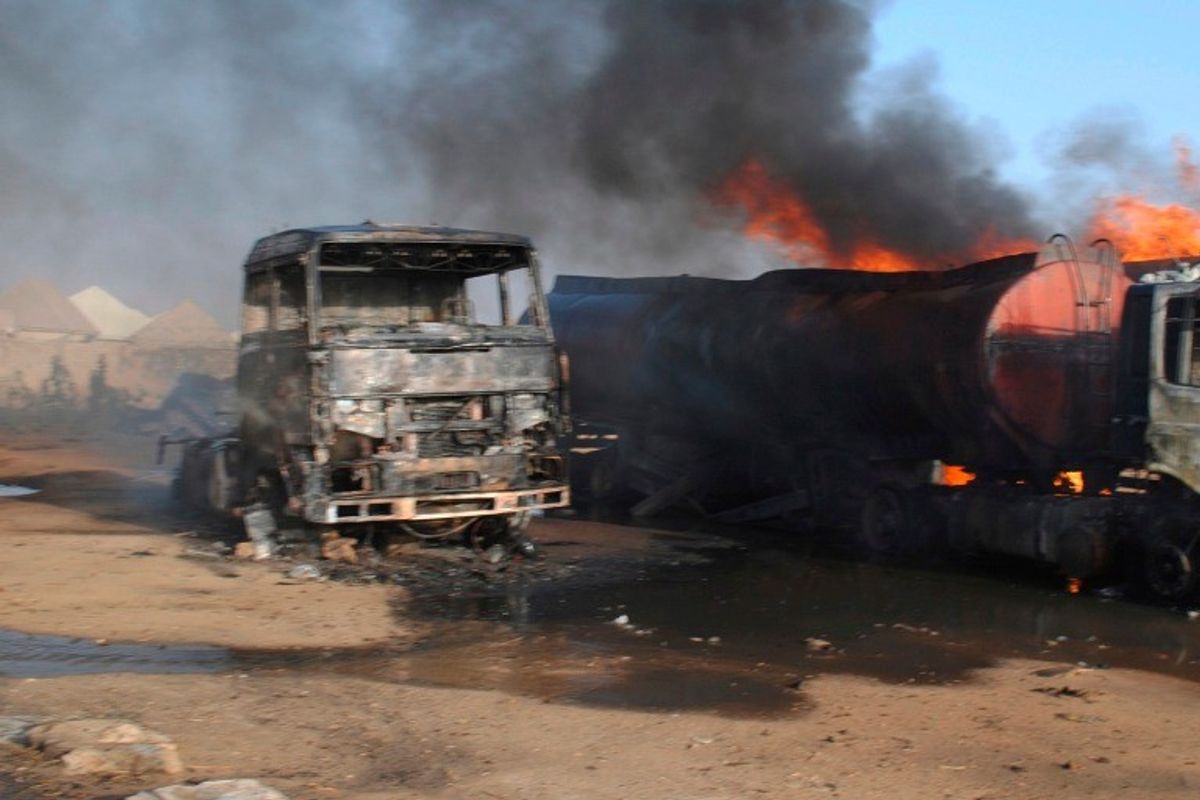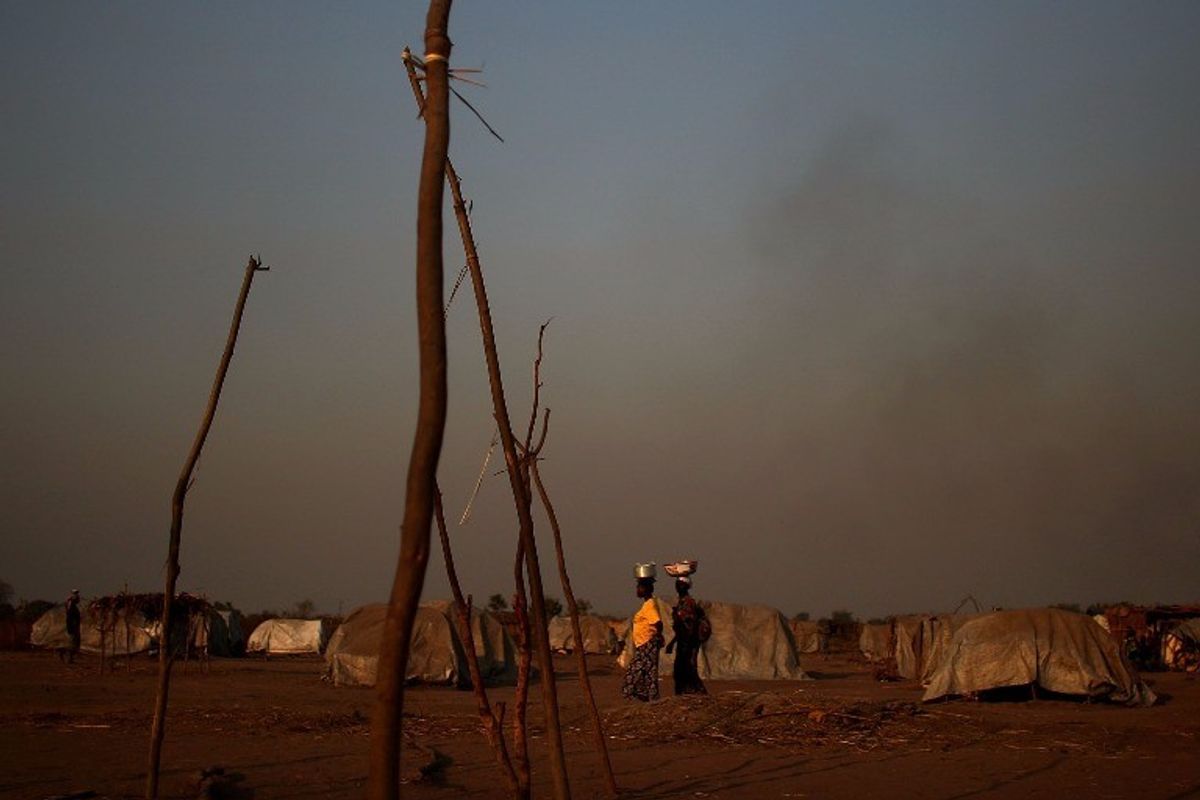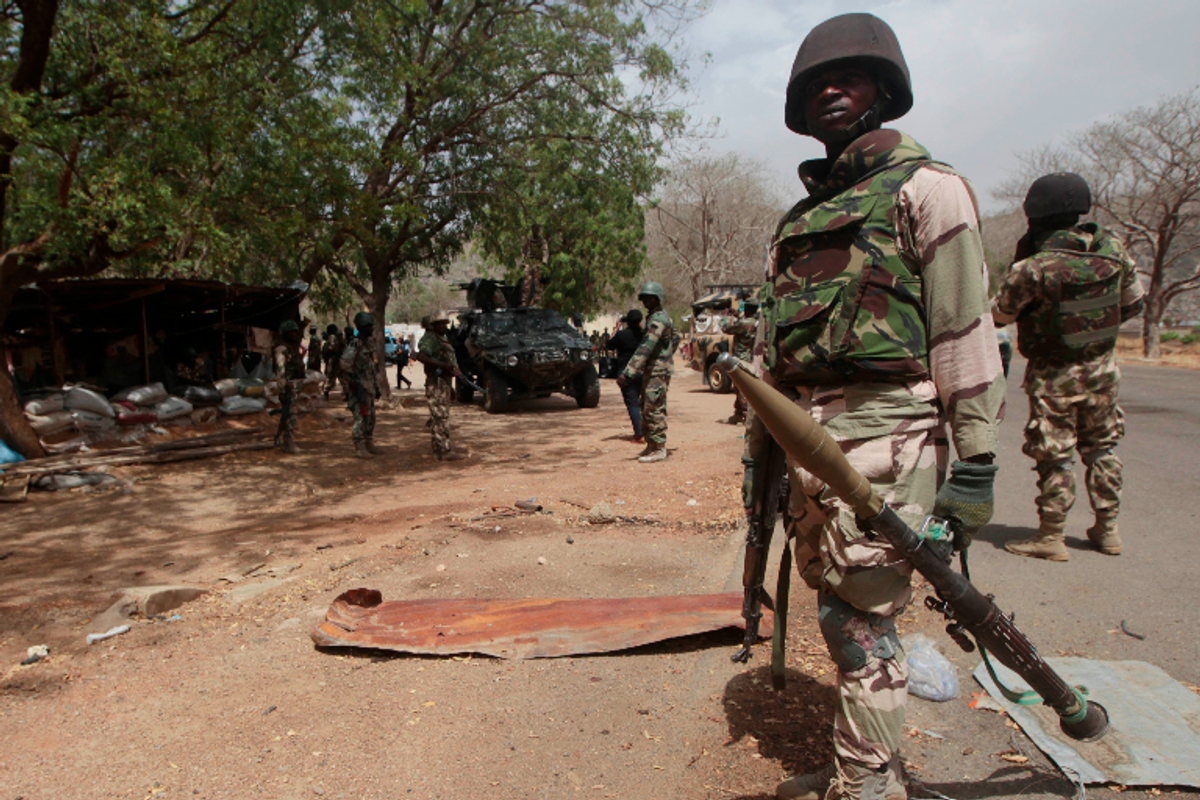Nigeria is considered a frontier capital market and one of the most important business destinations in sub-Saharan Africa (SSAfrica) along with Kenya, South Africa, and Ethiopia. Although this is a positive, there are some major economic challenges. Most of these issues pre-date the election of Nigeria’s new administration led by President Muhammadu Buhari, but they now fall under his leadership to address. Just as there are positives and challenges on the business side for SSAfrica’s largest economy—which Nigeria became in 2014—similar dichotomies exist on the security side. Let’s take a current look at both:
The Current Business & Investment Environment:
The private sector from countries such as China, the United States, India, and Brazil still see Nigeria as a premier investment destination despite some real economic challenges. So what makes Nigeria of interest to these foreign businesses? Answer: return on investment (ROI). The average ROI (despite the risks addressed below) can average between 28-33 percent, depending on the sector, but the country is a vast untapped market of more than 178 million people who are potential consumers of a range of goods and services. That being said, it is key to know which sectors bring the greatest ROI and growth for goods and services. There are five which are the most notable for foreign investors to consider:
1. Power Sector – Nigeria partially privatized its power sector (generation and distribution) in 2013, meaning it’s open for business from private investors for both capital and equity investment. Other attendant business opportunities were also created, such as soft and hardware needs. Power still remains a wide open sector for foreign investors as Nigeria barely produces 2-3 thousand megawatts per day to meet the needs of 178 million people. Daily power needs are estimated to be 40-50 thousand megawatts just to provide some consistency in service delivery. The potential for ROI in this sector is great, but so are the risks such as poor transmission lines to the national grid, heavy debt service on acquired national assets, lack of technical capability to get production up, and insufficient confidence that payments will be made in a timely manner.
2. Information Communication and Technology (ICT) - Nigeria has the largest number of mobile phone users in SSAfrica with 100 million out of 650 million. Nigerians use their mobile devices for everything from banking to managing daily services. Any ICT investor focused on innovative mobile phone services, in addition to hardware supply, would want to take advantage of Nigeria’s market. Keep in mind that mobile smartphone penetration is only 27 percent, as most Nigerians still primarily have feature phones.
3. Natural Gas Sector – Nigeria has roughly 180 trillion cubic tons of untapped natural gas – making it one of the largest in the world. It is still a nascent sector for the country, thus ripe for foreign investors. There are a few foreign companies already working on both the service and infrastructure side of the Liquid National Gas (LNG), but more can enter in these areas as well as in developing the gas fields.
4. Agriculture – Most of Nigeria’s 178 population (about 70 percent) live in rural areas and work in agriculture, which remains underserved as it lacks infrastructure and modernization, has insufficient commodity production or food processing/manufacturing, and has poor rural-to-urban transport of agricultural goods and services.
5. Extractive Industries – Extraction of fossil fuels (petroleum) remains Nigeria’s main export resource, despite low world oil prices today. That being said, Nigeria has a wealth of other natural mineral resources from iron ore (200 million tons of proven reserves), coltan (key for use in cellphone manufacturing and appliances) gold, silver, zinc, etc.
Doing Business in Nigeria – What Should You Know?
Despite the opportunities and the high potential for ROI, challenges do remain, particularly regarding ease of doing business, lack of both clear and current nonuser friendly monetary policies, and persistent problems with corruption. Recently the World Bank 2015 Ease of Doing Business Report rated Nigeria low in regards to transparent and friendly business practices—170 out of 189 countries reviewed. In 2014 Nigeria was ranked at 175, so it has improved a bit. Nigeria’s Central Bank (CBN), in its efforts to support the country’s flaggingly currency – the naira – has made it increasingly difficult for both foreign and Nigerian businesses to do transactions in convertible currencies such as dollars or euros. Corruption remains a problem, although President Buhari has made fighting this issue his number one priority. Corruption and influence peddling are two big challenges, which impact ease of doing business and make foreign businesses cautious. However, despite these real issues and risks, it doesn’t diminish the ROI opportunities mentioned above.
Slow Down in Growth, President Buhari’s Handling of Economy, His Anti-corruption Campaign:
President Buhari gets high marks domestically and international for his unwavering commitment to address the country’s endemic corruption. He has publicized his personal wealth (a good first step setting a tone for the country); restructured the problematic Nigerian National Petroleum Company (NNPC); carefully vetted appointments to senior positions; and asked foreign governments, including the United States, to help return $150 billion stolen state wealth. He is famously known for saying “I belong to everyone, I belong to no one,” underscoring his clear position that he will not tolerate influence peddling.
Buhari did inherit empty national coffers when he took office, and is faced with ever-declining world oil prices (major source of revenue and foreign reserves), and a struggling currency. However, President Buhari is being very systematic and thorough in the formulation of his new government. This includes deciding who his economic team will be and how they will address the country’s current economic issues. We will have to wait to see who he brings on board and what the vision will be to get the country economically back on track.
All of these things are positives which can help change the endemic nature of corruption in Nigeria, and set the tone for a new Nigeria.
The Security Challenges Present by Boko Haram – The Long War:
On the security front, Boko Haram is a growing and serious issue for Nigeria's northeast region (size of Wisconsin) and for the border villages of neighbors – Cameroon, Niger, and Chad – and will be a challenge for the country for years to come. Containing and addressing Boko Haram was a key issue discussed when Buhari met with U.S. President Barack Obama in Washington and during UN Secretary-General Ban Ki Moon’s recent Nigeria visit. It’s on the agenda for Buhari’s meeting with French President Holland this week and will be discussed later in September when Buhari attends the UN General Assembly. In addition, President Buhari has taken several positive steps, which has improved its military's ability to fight against the group, recaptured some villages, and freed many Boko Haram hostages. He has also replaced his service chiefs; moved the Army Command for the North to the heart of the fight in Borno State; met with at least two of his regional counterparts (Chad and Niger) to discuss security; and, supported moving the headquarters for the multinational force to Chad, although command and control still fall under Nigeria.
That being said, additional challenges remain, particularly for the two million internally displaced Nigerians. They still struggle for daily living and relocation assistance. Human rights accusations (see Amnesty International’s 2015 Report) still dog some individuals in its military, which must be addressed in a formal and transparent manner. The narrative from some in the Nigerian Government that the accusations are "baseless" or a “consequence” of conflict are not acceptable responses for any responsible democracy. It will be important to have respected and well-known international human rights entities observe any process that might be instituted to address these human rights accusations.











